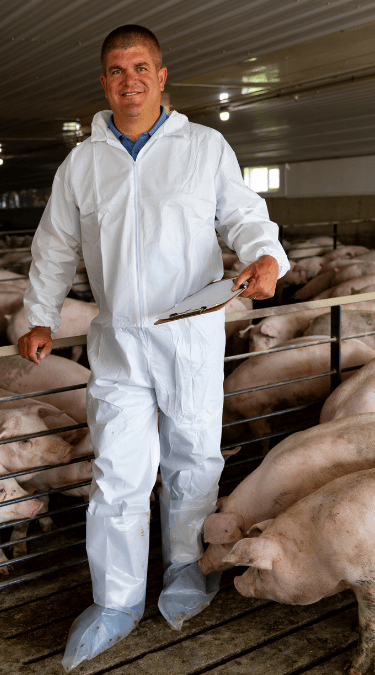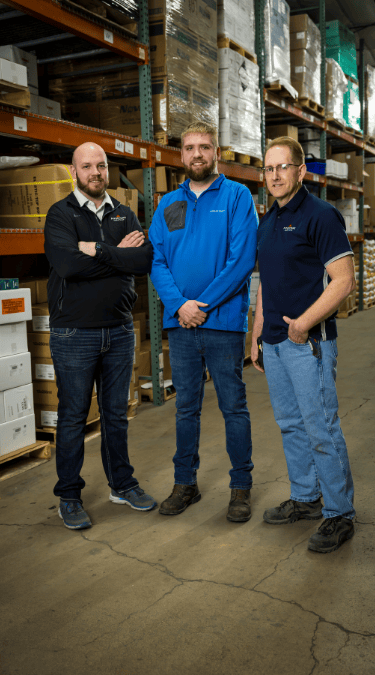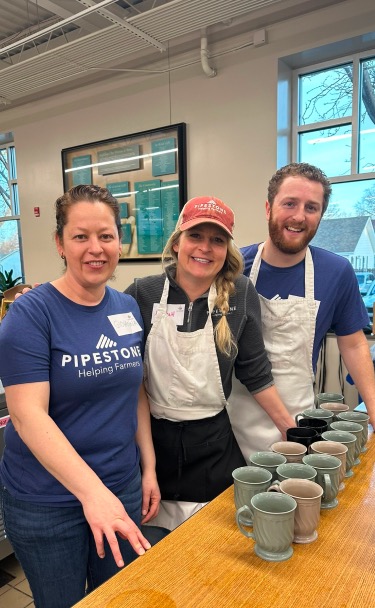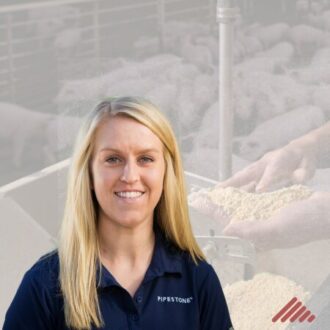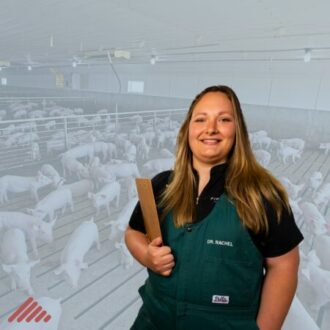- The #1 key to preventing African Swine Fever virus (ASF) breaks is improving biosecurity.
- Be flexible. Use the sites and infrastructure around you to optimize health and production in ways you may not have attempted thus far.
- Use feed mitigants.
- Depopulating continuous flow sites with viral health challenges is key to recovering performance.
- Grow/Finish biosecurity is just as important as sow farm biosecurity to limit viral spread throughout your system.
- Trust, but verify. Then verify again in regards to execution of biosecurity protocols.
- Filtration is key to preventing entry of all viruses, not just PRRS.
- “In order to be hit by the luck bus, you need to be standing in the street.” It’s important to be in production at all times to capture both the ups and the downs of the market.
- Be open to new diet formulations to capture financial benefits of alternative ingredients you may not be used to today.
- Always be on the lookout for the purchase of good quality assets during distressed markets.
PIPESTONE’s experiences in China have allowed our veterinarians and producers to get accurate real time updates on what is happening overseas instead of questioning reports from media sources. Seeing different protocols and systems brings insight on how to maximize the use of different sites and infrastructure in all production systems. Finally, given multiple experiences with ASFV throughout the country, we already know the playbook on prevention and management.
